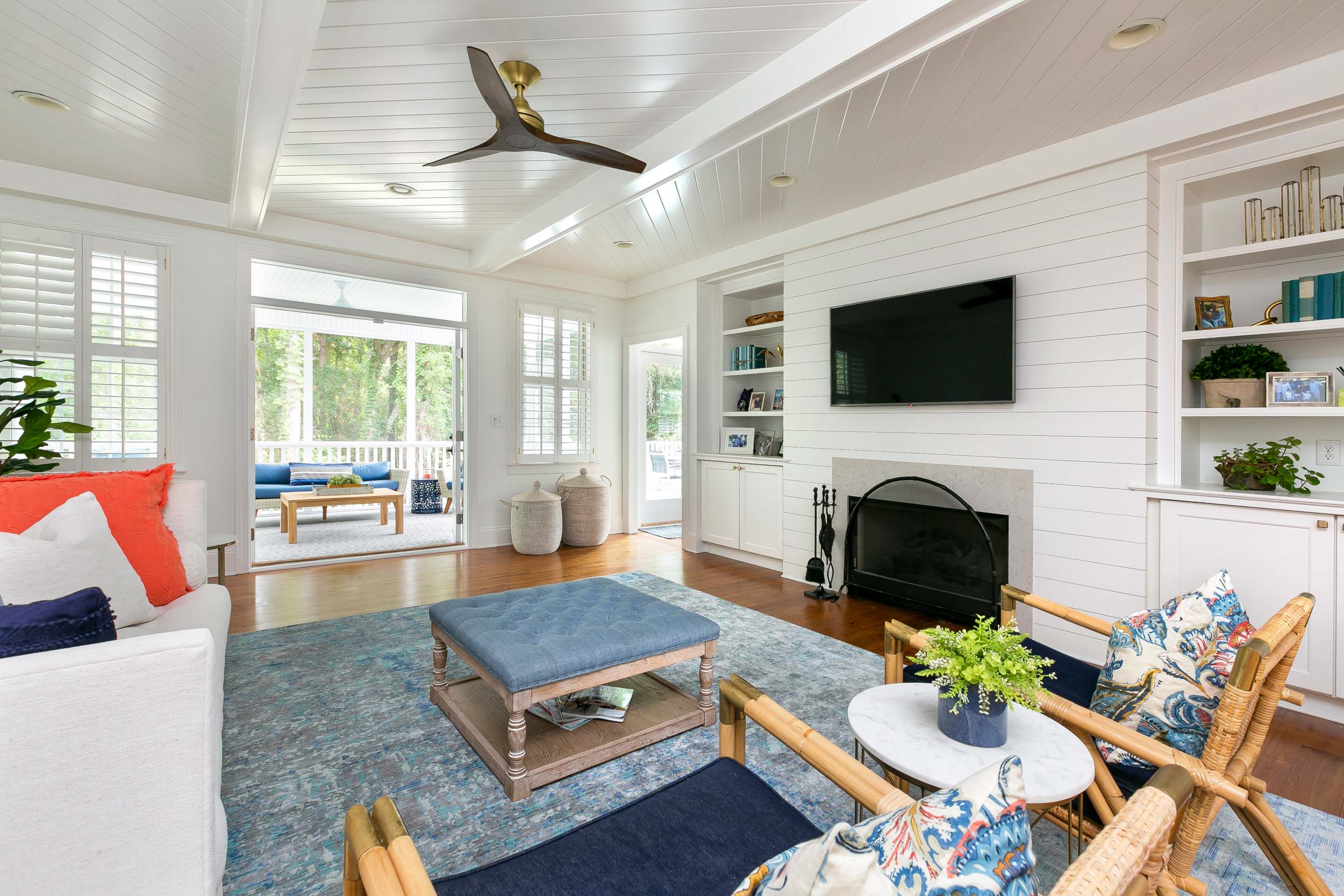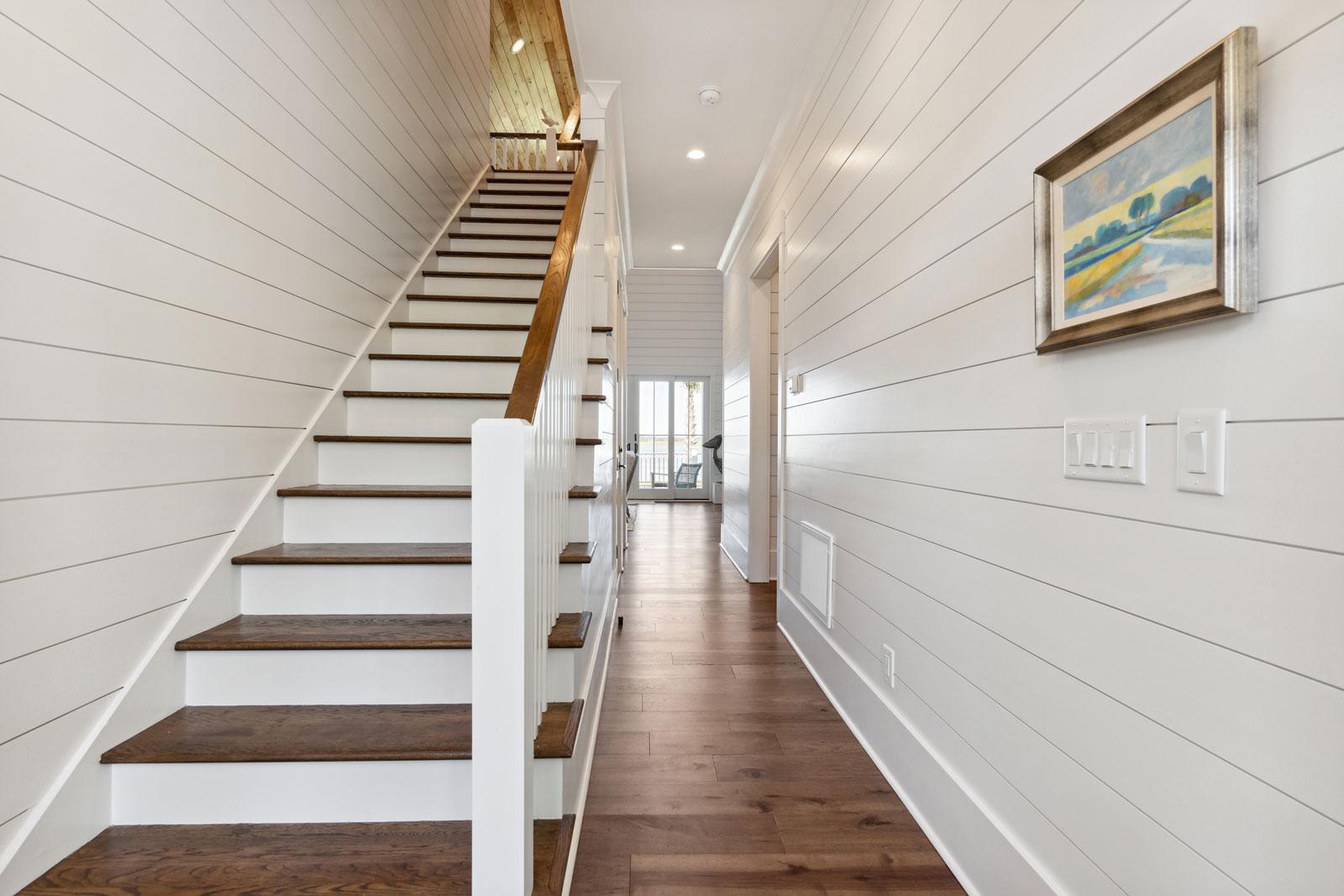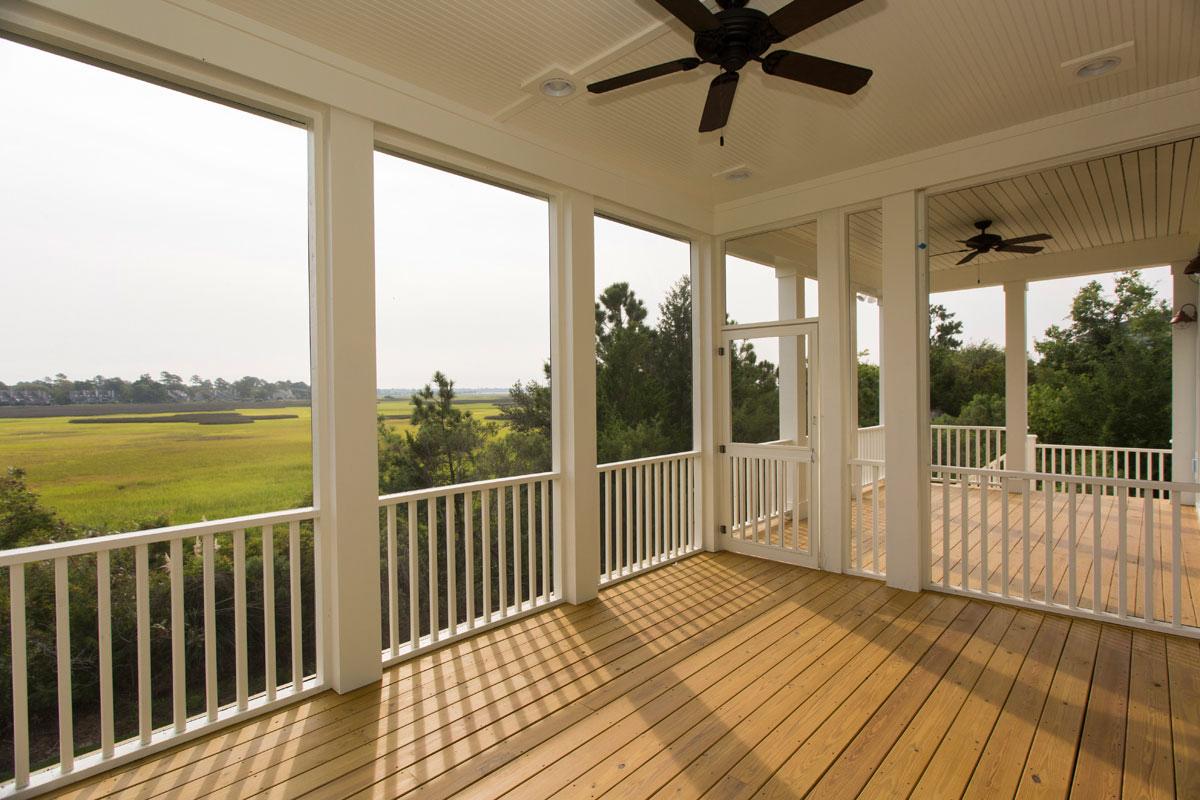6 Important Factors to Consider When Building a Custom Home
Our home is one of the most important places in our lives. It’s where we rest, build memories, and watch our family grow. Our home is connected to every celebration and triumph in our lives, so it’s natural to want those to occur in the home of your dreams rather than just a house you grabbed off of the market.
Building a custom home is a great decision, but it is also a big project. There are many factors that can impact the overall success of the project. From budget to design, it can all seem a bit intimidating even to people who may have constructed a custom home before. But over the years we’ve found that taking time at the beginning of your project to consider some important factors can help.
Consider this short list of important factors to consider when building your custom home as you get started.
Budget
The very first step for any custom home project is determining your budget. Your project’s budget should align with your vision for your home while also considering current market conditions and their impact. Failing to do so can crush your project before it begins.
There are many factors to consider. For example, will you be obtaining a construction loan? If so, this will most likely determine your maximum budget. How soon are you beginning construction? Projects with more planning in advance tend to be more likely to stay on budget. Can certain design features save you money in the long run? Have you prioritized must-have features over niceties? Even consider researching certain vendors to get an idea of costs.
All of this advanced budget planning is vital to your project’s success.
Location
Where you build your home is just as important as how you build it. Once you’ve built your custom home you can’t just change the location of the structure. So it helps to be intentional about where you build. There are a number of factors to consider including commute time to work, local schools, distance from various amenities, and personal preferences for the surroundings.
Lot Characteristics
Similar to the location factor, the characteristics of the lot you are building on can have a great impact on the overall project. Finding and analyzing a lot can be a very technical process including factors such as:
Lot Topography and Drainage
Lot Size, Shape, and Setbacks
Existing Easements and Lot Access
Surrounding Lots
Zoning
Soil Conditions
Utility Availability
HOA Considerations
This isn’t an exhaustive list. It’s why we recommend working with a custom home professional when selecting your lot to make certain all factors are considered and handled appropriately.
Time
Custom homes take time to build right. You simply can’t complete a quality construction of a custom home in a day. Projects of this type take a lot of planning and time to execute and so require a lot of commitment. When planning a custom home build, think about the time it will take and make sure you can commit to that timeline.
Consider this. Pre-construction consists of the following steps:
Surveys and Lot Analysis
Initial Conceptual Plans
Final Design
Structural Engineering
Finalize Specifications
Obtain Contractor Pricing
Municipal Planning and Zoning Review
During construction, you must allow time for the following:
Receipt of Permits
Break Ground
Foundation and Framing
Finishing Phase
Completion
Planning for your custom home construction timeline is complex and needs to be handled carefully to ensure a successful project execution.
Design
Your custom home design should fit your lifestyle and provide you with a place you are truly happy living. There are a couple of options for designing your home. You can either hire a fully licensed architect or an architectural drafting firm. Whichever way you go, it’s important to note that structural engineering will be needed before you can obtain a permit.
There are a number of things to consider in design including the floor plan, lighting, aesthetic design, landscaping, energy efficiency, functionality, and any specific features you desire. You should consider any interior design choices, such as specific furniture that might impact architectural design choices. Don’t forget the lot and landscaping either. For example, maybe you have future plans for a pool or additional structures.
Time should be taken with the design to ensure a successful project.
Future Needs
It’s important to remember you’ll be in your custom home for a long time. While you may have the perfect idea of what you need now, you should consider what your future needs will look like. Will your family be growing? Will this space suit you should you choose to age in place? Is the home accessible for a variety of different needs? What is the potential resale value should you decide it is time to sell?
The Builder
Building a custom home is one of the most rewarding decisions you can make. Deciding to create the ideal home for your family rather than settling on someone else’s ideas is a bold move for your future. But the process can be complicated and a myriad of decisions and challenges can make it intimidating. This is why it is vital to your project that you select an experienced, professional builder to help. Take time interviewing and reviewing potential builders to make sure you get the professional who can handle your project.




